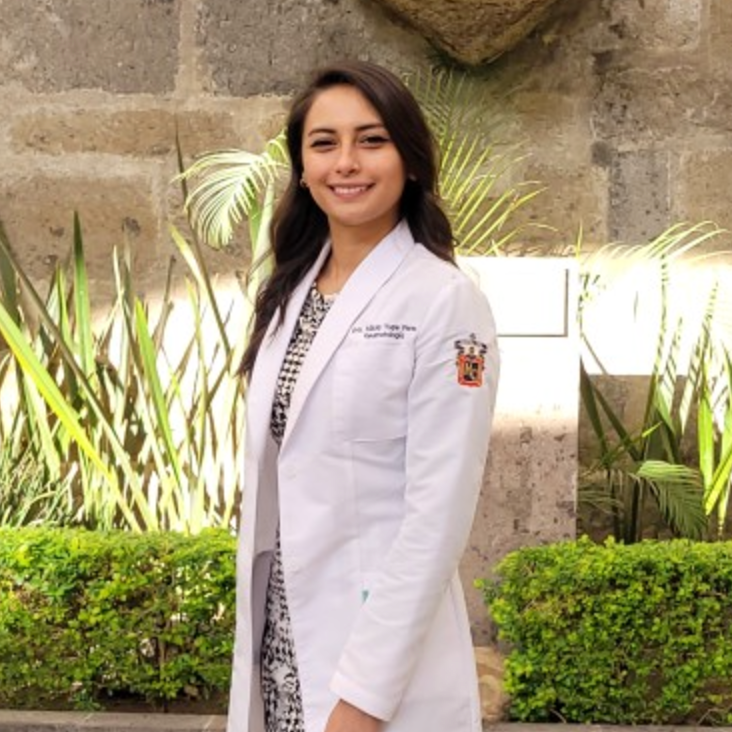News
Video
Martina J. Porter, MD: Adverse Events, Future Research on Lutikizumab for HS
Author(s):
Key Takeaways
- Lutikizumab shows potential for HS patients unresponsive to anti-TNF therapy, with common side effects like GI symptoms and skin reactions.
- The trial focused on severe HS patients, mostly Hurley stage 3, indicating biologic failures.
In this segment of Porter’s interview, she delves further into the phase 2 findings on lutikizumab and discusses any adverse events and future research.
Martina J. Porter, MD, assistant professor of dermatology for Harvard Medical School, continued her discussion with the HCPLive editorial team on recent phase 2 findings on lutikizumab (ABT-981) for hidradenitis suppurativa (HS) patients who had failed anti-TNF therapy.
Porter was asked about any notable side effects or adverse reactions observed in patients receiving lutikizumab during the trial.
“So the data that they've shown so far when the further top line found that the most common side effects are HS, and then GI symptoms like diarrhea, then headache, and then more skin things like pruritus, contact dermatitis, eczema, and then nasopharyngitis,” Porter said. “Pretty common from what we've expected from this type of drug. We see more GI side effects from the IL-1 inhibitors than we do from TNF-alpha inhibitors.”
Porter added that for all of such HS drugs, and for HS patients in general, quite a few other skin reactions are known to occur when patients are taking any sort of biologic. She added that no deaths or very serious side effects that were reported indicated a different safety profile or something to be worried about.
“I think the most interesting or different part of the study was actually the patient population that they studied,” Porter explained. “Historically, we've just been taking patients who have moderate to severe HS, but this study actually looked specifically at patients who had previously failed anti-TNF therapy. One of our rating systems for how severe patients are for HS is we use something called a Hurley stage, and we divide them by 1, 2, and 3. Two, we think to be more moderate in terms of the extent of the disease and 3 tends to be more severe.”
Porter added that normally around two-thirds of patients are Hurley stage 2 and about a third are Hurley stage 3. In this trial, though, almost 70% of the patients were found to be Hurley stage 3, suggesting these are biologic failures with more severe disease.
“I would imagine that with such positive phase 2 results, they'll pursue phase 3, but I don't know this for a fact,” Porter said. “For the higher dosages, it will be interesting to truly understand this patient population, as I mentioned, treatment refractory to TNF-alpha inhibitors and more severe. Because one of the things I think that's very interesting is that there are some patients that just do better with different biologics, but their disease looks very similar when you're just examining it and their lab findings or inflammatory markers can also be very similar.”
Porter added that there is still not a good understanding of which patients will respond to which therapy and time moves forward, more options will be available.
For more information on these findings, view the full interview posted above.
The quotes used in this description were edited for the purposes of clarity.




